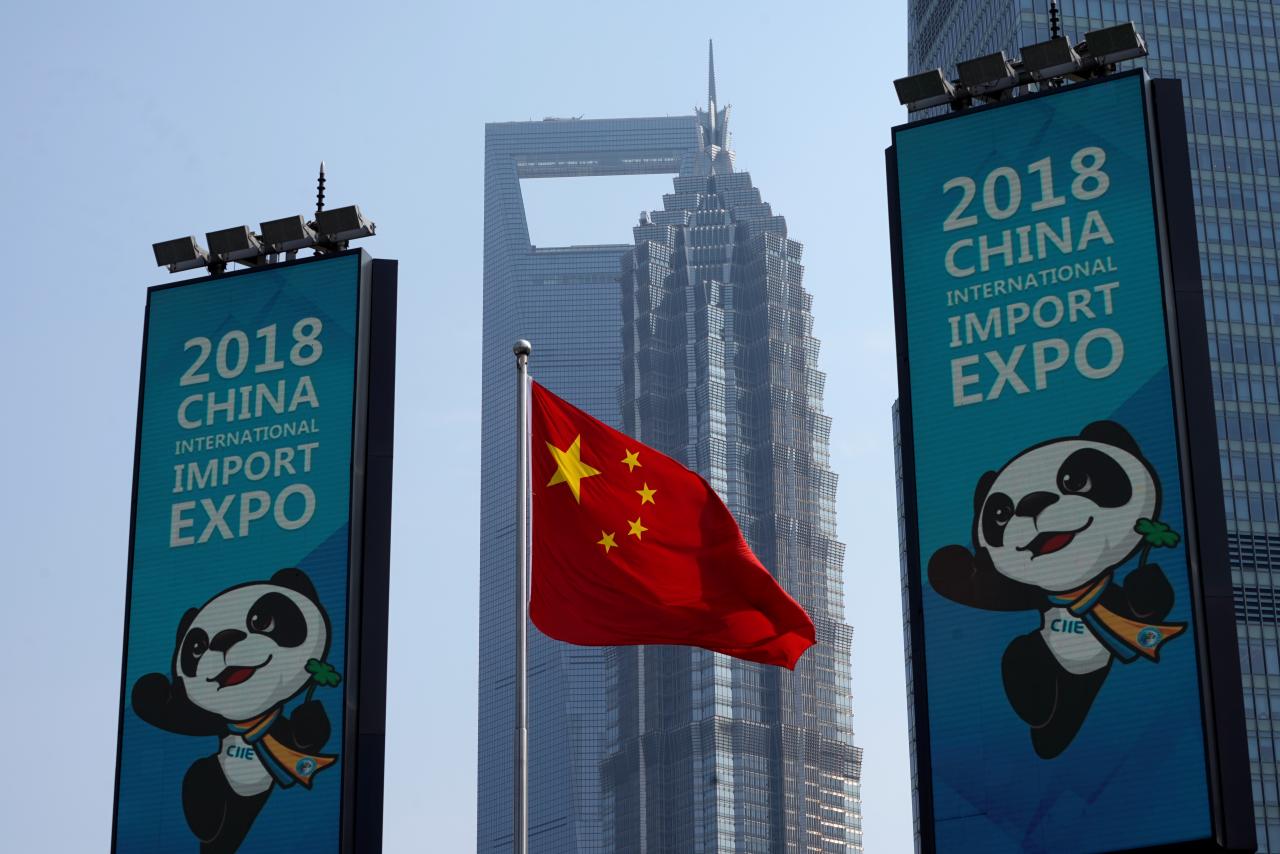
Opinion: Through CIIE, China projects bold new vision of the future

Courtesy: Xinhua
by Ken Gichinga
A new economic vision for China was unveiled during the launch of the world’s first International Import Expo in Shanghai. In his 3,139-word speech, President Xi Jinping reflected on the “wheel of history rolling forward” and the need to champion free trade under the theme of a “New Era, Shared Future”. Africa was mentioned in that speech within the context of the eight major initiatives agreed upon during the recent Beijing Summit of the Forum of China-Africa Cooperation. While Africa was well represented by high-profile government delegations, including President Uhuru Kenyatta, what
was clear was that part of China’s message was targeted to the one guest who did not show up to the party: The United States. At stake is a $335 billion surplus between China and the U.S. which President Trump has promised to unwind, a possibility that China is not taking lightly.
Indeed, the past four decades have seen China emerge from the shadows of a closed economy into becoming the open, vibrant, second-largest economy in the world, that has captured our imagination. Much of this has been driven by the export-led growth strategy that is highly predicated on cheap, abundant labour. This comparative advantage in low wages has ensured that every major Western manufacturer, from textiles to electronic devices, has a visible footprint in China. Naturally, this economic model has tilted the trade balance in favour of China, with the largest surplus being against the United States which hit a new monthly record of $31 billion in August 2018.
However, it now seems that China’s export-led growth strategy has run its course, owing to a couple of factors. Most notably, recent figures suggest China’s labour costs are rising and some economists argue that the country has reached the ‘Lewis Turning Point’. This, in economics, is the inflection point that developing countries go through when they run out of cheap labour. Typically this happens when the rural-urban migration slows down leading to a scarcity of labour and a steady rise in wages. According to market research firm Euromonitor, average hourly rates rose 64% between 2011 and 2016, reaching a rate of $3.60 per hour.
Secondly, China is recognizing that while cheap labour gave it a comparative advantage in the past, the real comparative advantage of the 21st century will be in innovation. This will involve a deeper commitment to safeguarding intellectual property, launching of a science and technology innovation board at the Shanghai Stock exchange and nurturing frontier sectors such as the digital economy, artificial intelligence, and nano-technology.
Thirdly, China will be setting up Shanghai as a pilot Free Trade Area as a platform to experiment bold ideas that will support its reform agenda. It is possible that the inspiration for this idea could have been drawn from cities such as Dubai, which has witnessed spectacular growth and has become a major trade hub. And with the grand strategy of the One belt, One Road Initiative, China could be positioning itself as the future capital of global trade.
African countries need to seize this opportunity to access China’s 1.3 billion citizens. While it appears that agricultural produce will top the list of exports, countries such as Kenya have an opportunity to export innovation too, particularly in Fintech which has really thrived in East Africa.
China, on the other hand, will also have to find a delicate balance between politics and economics. Avoiding a trade-war with the United States while projecting itself as an advocate for global prosperity could be the winning strategy.
Ken Gichinga is the Chief Economist at Mentoria Consulting, a Nairobi-based financial consulting and services firm.
The article reflects the author’s opinion, and not necessarily the views of CGTN.






